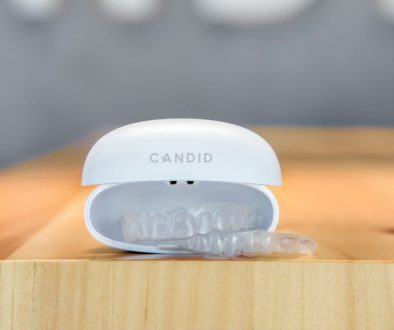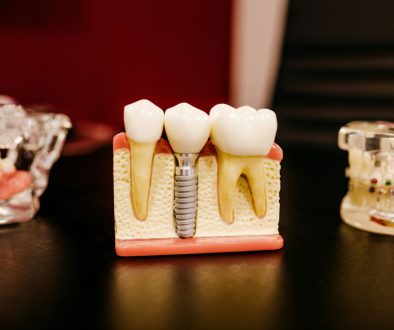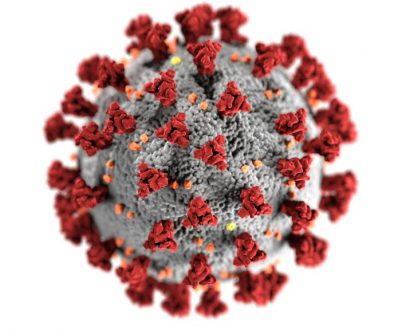Hey guys! The world is in an alarming situation now. People who were running around the globe, are quarantined right now. Even if the world turns upside down and the sky comes down, I cannot stop eating. So as a couple we thought we should spice the time with some spicy dinner and started making some honey chili potatoes. I have a habit of ending up every meal with some curd. So that ended up in this article.
Let’s see the relationship between curd and tooth decay.
Hey guys! The world is in an alarming situation now. People who were running around the globe, are quarantined right now. Even if the world turns upside down and the sky comes down, I cannot stop eating. So as a couple we thought we should spice the time with some spicy dinner and started making some honey chili potatoes. I have a habit of ending up every meal with some curd. So that ended up in this article.
Let’s see the relationship between curd and tooth decay.
1. What is tooth decay?
To start with, tooth decay, also known as dental caries or cavities, is a breakdown of teeth due to acids made by bacteria.
If left untreated it may irritate the tissue around the tooth, tooth loss, and infection.
Tooth starts decaying due to the acid produced by bacteria present in the mouth. The acid is produced when they break down the food.
These Bacterias love simple sugars and hence eating foods containing simple sugars has a higher chance of tooth decay.
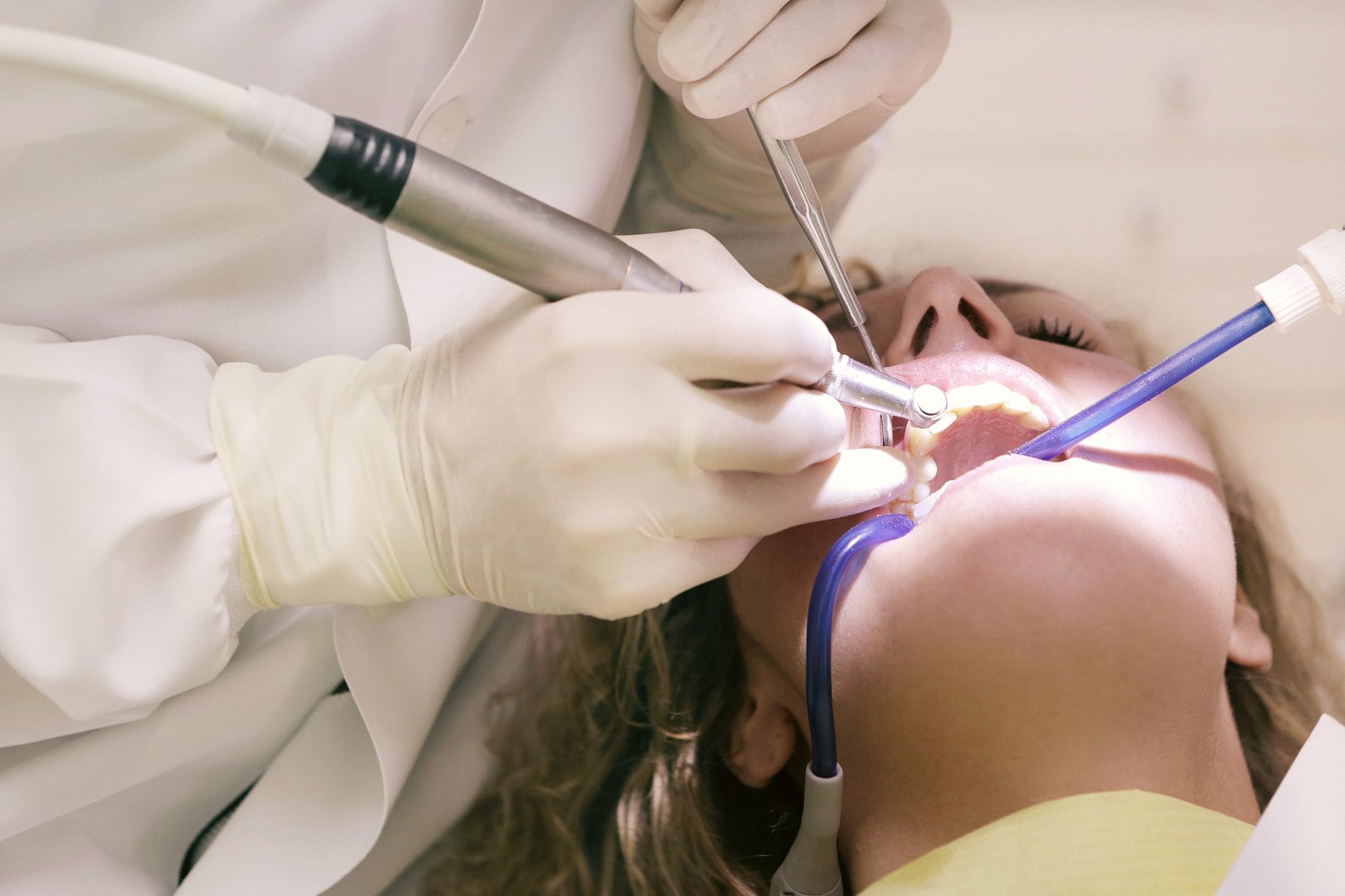
1. What is tooth decay?
To start with, tooth decay, also known as dental caries or cavities, is a breakdown of teeth due to acids made by bacteria.
If left untreated it may irritate the tissue around the tooth, tooth loss, and infection.
Tooth starts decaying due to the acid produced by bacteria present in the mouth. The acid is produced when they break down the food.
These Bacterias love simple sugars and hence eating foods containing simple sugars has a higher chance of tooth decay.

2. Tooth decay across the world
Oral disease affects 3.9 billion people worldwide, with untreated tooth decay (dental caries) impacting almost half of the world’s population (44%), making it the most prevalent of all the 291 conditions included in the Global Burden of Disease Study.
60–90% of schoolchildren and nearly 100% of adults have tooth decay.
Untreated tooth decay in the primary teeth (milk teeth or baby teeth) are among the top 10 most prevalent of all conditions.

2. Tooth decay across the world
Oral disease affects 3.9 billion people worldwide, with untreated tooth decay (dental caries) impacting almost half of the world’s population (44%), making it the most prevalent of all the 291 conditions included in the Global Burden of Disease Study.
60–90% of schoolchildren and nearly 100% of adults have tooth decay.
Untreated tooth decay in the primary teeth (milk teeth or baby teeth) are among the top 10 most prevalent of all conditions.

3. Effect of Curd on tooth decay
Curd is a fermented dairy product known all over the world. The fermentation takes place by adding bacteria to the milk. The unique nutritional value of curds is beneficial in various ways.
Yogurt has always been known to be high in calcium which helps strengthen your bones and your teeth.
The healthy bacteria found in yogurt helps protect your gums and teeth, slows the growth of cavity-causing bacteria as well as decrease the oral levels of hydrogen sulfide which can lead to bad breath.
A Japanese study of 1,000 adults revealed that the healthiest gums were found in those who ate the most yogurt.
Curd contains protein, providing essential amino acids and organic nitrogen. They also contain calcium, phosphate, casein, and lipids, which are considered factors with anti-cariogenic effects.
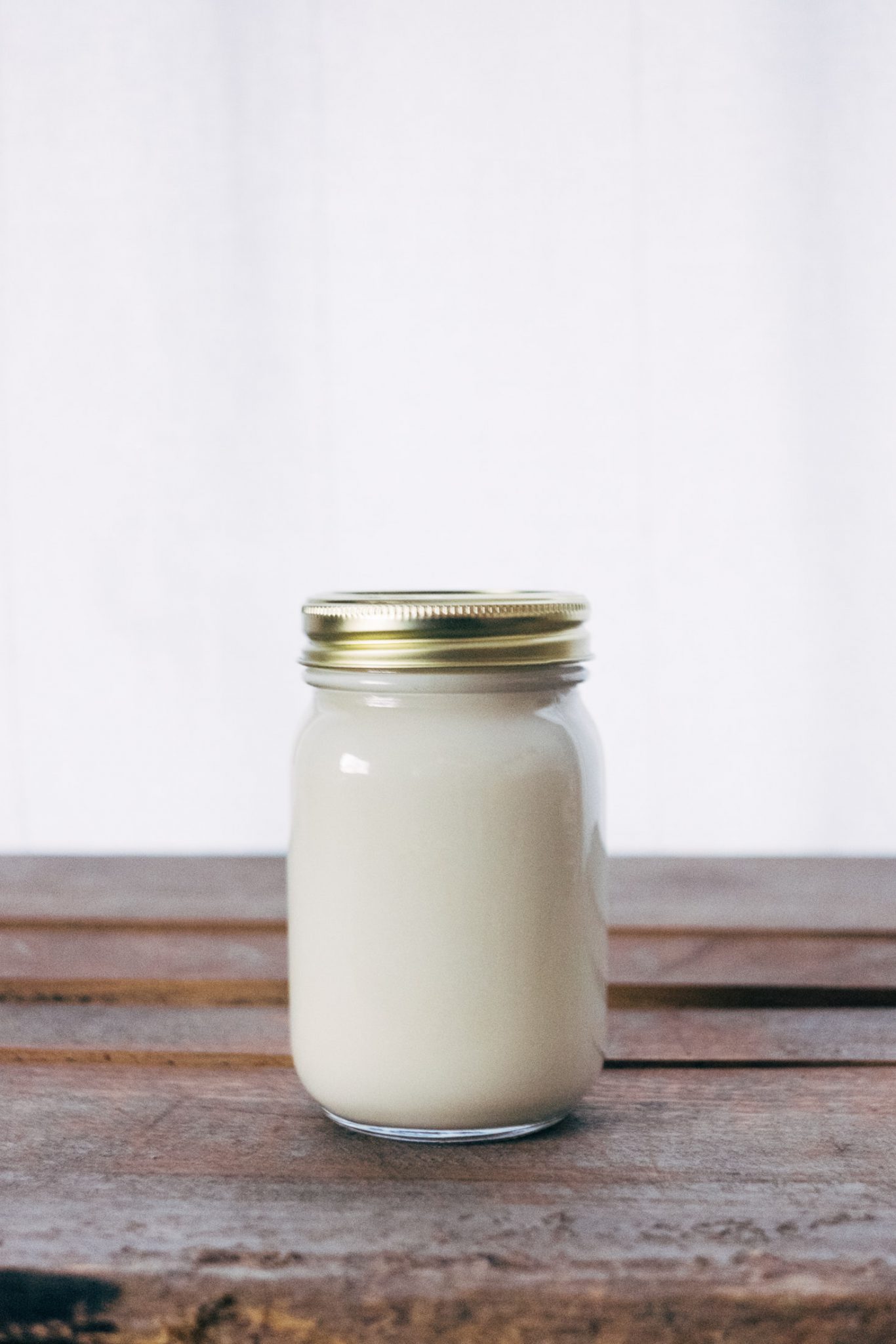
3. Effect of Curd on tooth decay
Curd is a fermented dairy product known all over the world. The fermentation takes place by adding bacteria to the milk. The unique nutritional value of curds is beneficial in various ways.
Yogurt has always been known to be high in calcium which helps strengthen your bones and your teeth.
The healthy bacteria found in yogurt helps protect your gums and teeth, slows the growth of cavity-causing bacteria as well as decrease the oral levels of hydrogen sulfide which can lead to bad breath.
A Japanese study of 1,000 adults revealed that the healthiest gums were found in those who ate the most yogurt.
Curd contains protein, providing essential amino acids and organic nitrogen. They also contain calcium, phosphate, casein, and lipids, which are considered factors with anti-cariogenic effects.

4. Basic preventive measures of tooth decay
Over the past 50 years, worldwide sugar consumption has tripled, and it will continue to grow in emerging economies.
Dental caries is the most common chronic disease in the world – due to exposure to sugar and other risks – and is a major global public health problem affecting individuals, health systems and economies.
The World Health Organization recommends that the daily intake of free sugars be limited to less than 10% of total energy intake in both adults and children.
A further reduction to below 5% of total energy intake would provide additional health benefits and help minimize the risk of dental caries throughout life.
Basic preventive measures of tooth decay
Over the past 50 years, worldwide sugar consumption has tripled, an increase which is expected to grow especially in developing countries.
Dental caries is the most common chronic disease in the world and is a major global public health problem affecting individuals.
The WHO recommends that the daily intake of free sugars be limited to less than 10% for both adults and children.
Other preventive measures are:
Brush with fluoride toothpaste twice daily.
Rinse your mouth.
Go to a nearby dental clinic and have regular dental check-ups, which can help prevent problems or spot them early.
Have dental sealants which is a protective plastic coating applied to the chewing surface of back teeth. It seals off grooves that tend to collect food, protecting enamel from plaque and acid. All children must undergo sealant treatment. Sealants last for several years, but they need to be checked regularly.
Avoid frequent snacking.

4. Basic preventive measures of tooth decay
Over the past 50 years, worldwide sugar consumption has tripled, it will continue to grow in emerging economies.
Dental caries is the most common chronic disease in the world – due to exposure to sugar and other risks – and is a major global public health problem affecting individuals, health systems and economies.
The World Health Organization recommends that the daily intake of free sugars be limited to less than 10% of total energy intake in both adults and children.
A further reduction to below 5% of total energy intake would provide additional health benefits and help minimize the risk of dental caries throughout life.
Basic preventive measures of tooth decay
Over the past 50 years, worldwide sugar consumption has tripled, an increase which is expected to grow especially in developing countries.
Dental caries is the most common chronic disease in the world and is a major global public health problem affecting individuals.
The WHO recommends that the daily intake of free sugars be limited to less than 10% for both adults and children.
Other preventive measures are:
Brush with fluoride toothpaste twice daily.
Rinse your mouth.
Go to a nearby dental clinic and have regular dental check-ups, which can help prevent problems or spot them early.
Have dental sealants which is a protective plastic coating applied to the chewing surface of back teeth. It seals off grooves that tend to collect food, protecting enamel from plaque and acid. All children must undergo sealant treatment. Sealants last for several years, but they need to be checked regularly.
Avoid frequent snacking.

5. Overdosage
Curd helps in weight reduction, but overconsumption can lead to obesity.
People should be careful with the quantity they consume each week.
Curds can be heavy for some people, which can lead to constipation. The problem occurs with heavy intake.
Curd provides strength to bones and teeth, but people who already have arthritis should avoid eating curds regularly.
It increases joint pain.

5. Overdosage
Curd helps in weight reduction, but overconsumption can lead to obesity.
People should be careful with the quantity they consume each week.
Curds can be heavy for some people, which can lead to constipation. The problem occurs with heavy intake .
Curd provides strength to bones and teeth, but people who already have arthritis should avoid eating curds regularly.
It increases joint pain.

6. Bottom line
Daily consumption of commercial curd may have beneficial effects on oral health by reducing the salivary levels of streptococci.m.
In case of curd allergies, you may consume calcium-fortified juices, soy milks and other foods available that can supply as much calcium to your diet as milk does.
Consuming curd is an add on. Following preventive protocols and proper maintenance is very important to prevent tooth decay!

6. Bottom line
Daily consumption of commercial curd may have beneficial effects on oral health by reducing the salivary levels of streptococci.m.
In case of curd allergies, you may consume calcium-fortified juices, soy milks and other foods available that can supply as much calcium to your diet as milk does.
Consuming curd is an add on. Following preventive protocols and proper maintenance is very important to prevent tooth decay!

